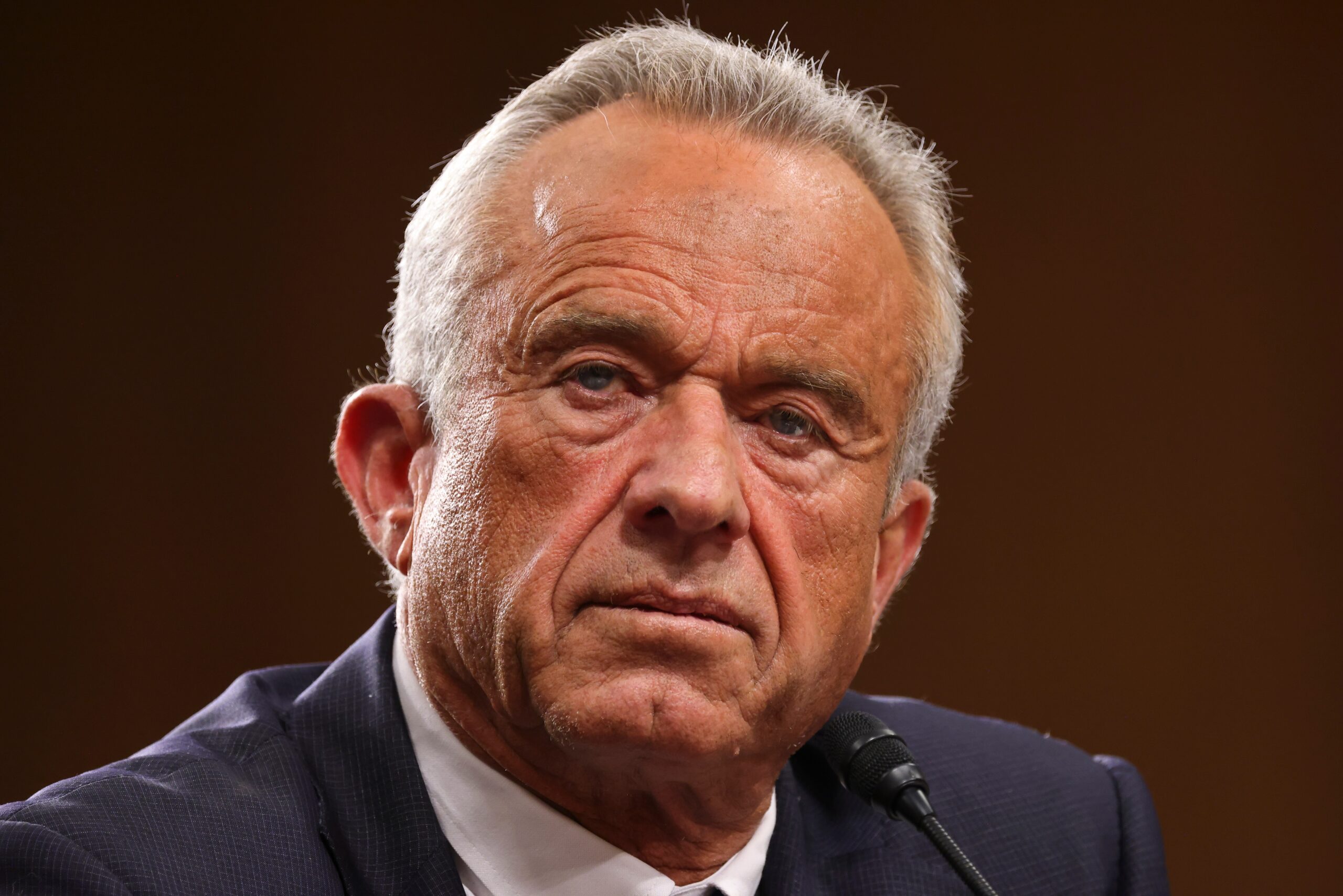Kennedy TARGETS Pesticides – Farmers WORRY

A landmark White House report calls for stronger pesticide regulations to protect children’s health, spotlighting widespread agricultural chemicals linked to chronic diseases, but stops short of recommending immediate bans.
At a Glance
- The “Make Our Children Healthy Again” report was released by the MAHA Commission chaired by Robert F. Kennedy Jr.
- The report focuses on glyphosate and atrazine, two widely used herbicides potentially linked to childhood diseases
- Rather than calling for immediate bans, the report advocates for compliance with new “gold-standard science”
- President Trump has proposed a $500 million budget increase for the “Make America Healthy Again” initiative
- The commission acknowledges the importance of balancing health concerns with agricultural necessities
Balancing Child Health and Agricultural Needs
The Make America Healthy Again (MAHA) Commission, chaired by Health Secretary Robert F. Kennedy Jr., has released a comprehensive report examining the impact of pesticides on children’s health. The assessment focuses particularly on glyphosate and atrazine, two chemicals extensively used across American agriculture.
Glyphosate is currently applied to approximately 298 million acres of agricultural and non-agricultural land, while atrazine treats roughly 75 million acres of crops annually. The widespread use of these herbicides has raised significant concerns about their potential effects on developing children.
Despite these concerns, Kennedy has emphasized that the report’s findings should not alarm American farmers. The commission has taken a measured approach, recognizing the critical role these chemicals play in modern agricultural practices while also acknowledging potential health risks. The report does not recommend immediate regulatory bans but rather encourages adherence to updated scientific standards to ensure safety without disrupting food production.
Identifying Root Causes of Childhood Disease
The MAHA report identifies four primary drivers behind the rise in chronic childhood diseases: poor diet, cumulative chemical exposure, insufficient physical activity combined with chronic stress, and overmedicalization. The commission’s analysis suggests these factors may be contributing to increasing rates of conditions such as obesity, depression, autism, and ADHD among American children. While the report acknowledges that multiple factors likely contribute to these trends, it specifically highlights the potential role of agricultural chemicals.
The report has drawn particular attention to findings of pesticide contaminants in school lunches, raising questions about children’s daily exposure to these substances. While some studies have suggested links between these herbicides and adverse health outcomes in children, the scientific community continues to debate the strength of this evidence and the mechanisms through which these chemicals might affect developing bodies.
Practical Approach to Regulation
The commission has emphasized a pragmatic approach to addressing pesticide concerns. Rather than advocating for immediate bans, the report calls for thoughtful consideration of necessity, alternatives, and production costs before implementing new regulations. This stance reflects an understanding of the complex interplay between agricultural productivity, economic factors, and public health concerns, particularly in a time when food security remains a critical national priority.
The MAHA initiative has received substantial financial backing from the administration, with President Trump proposing a $500 million budget increase to support programs focused on nutrition improvement, physical activity promotion, and food and drug safety enhancements. This funding signals a significant commitment to addressing the underlying factors contributing to chronic childhood diseases while supporting the development of safer agricultural practices that can protect both children’s health and American food production.
Moving Forward
The report represents just the first step in what the administration describes as a comprehensive process to develop effective policy recommendations. These proposals are expected to be implemented during President Trump’s term, with continued input from various stakeholders including health advocates, scientific experts, and agricultural representatives. A group of 360 MAHA supporters has already urged the commission to hold the chemical industry accountable for pesticide exposure risks, indicating strong public interest in meaningful reform.
As the dialogue between health advocates and agricultural interests continues, the administration appears focused on finding solutions that protect children’s health without unduly burdening American farmers. The emphasis on “gold-standard science” suggests a commitment to evidence-based policy development that considers both the potential risks of these chemicals and their importance to modern food production systems.
























